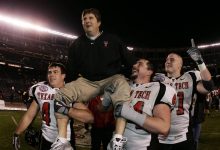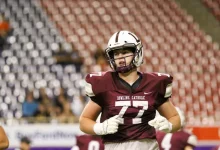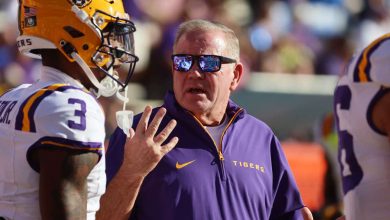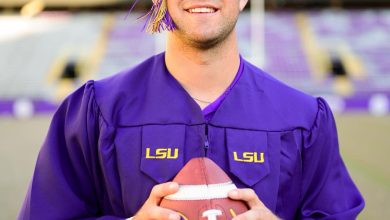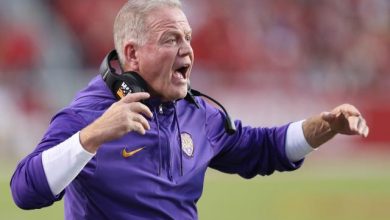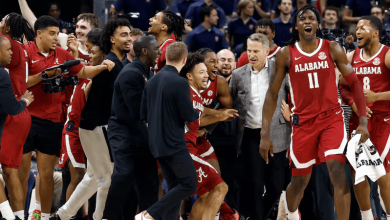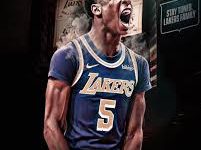In 2007, Alabama athletic director Mal Moore risked his job to hire Nick Saban, despite repeated rejections and public denials.
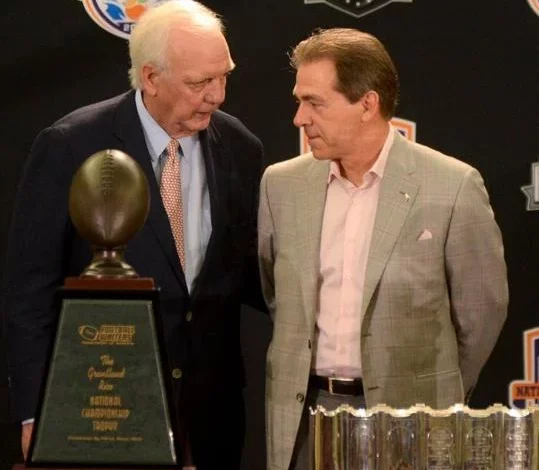
In the winter of 2006–2007, the University of Alabama football program stood at a critical crossroads. After years of mediocrity, coaching turnover, and NCAA investigations, the Crimson Tide — a program once synonymous with dominance under Bear Bryant — had become a shadow of its former self. It was against this bleak backdrop that one man, Athletic Director Mal Moore, made the most daring, controversial, and ultimately transformative decision in college football history: he would pursue Nick Saban, no matter the cost.
And the cost was almost everything — including his own job.
At the time, Alabama had just fired head coach Mike Shula following a disappointing 6–6 season. The Tide had cycled through four head coaches in less than a decade, including the short-lived tenure of Dennis Franchione and the scandal-plagued exit of Mike Price before he ever coached a game.
Alabama fans were restless. Boosters were divided. And Mal Moore — a former Bryant assistant turned administrator — was under intense pressure to deliver a blockbuster hire or face serious calls for his resignation.
“I knew what was at stake,” Moore would later say. “But I also knew Alabama football wasn’t going to be fixed with a safe hire. We had to aim higher.”
At the top of Moore’s list was Nick Saban, then the head coach of the NFL’s Miami Dolphins. Saban was already a national championship winner, having guided LSU to a BCS title in 2003. He was known for his intensity, discipline, and unmatched attention to detail. In Moore’s eyes, Saban was the only man who could restore Alabama to glory.
But there was one major problem: Nick Saban didn’t want the job.
Publicly, Saban had said multiple times that he was not interested in leaving the Dolphins. In fact, in what would become one of the most infamous denials in sports history, he told reporters on December 21, 2006:
“I’m not going to be the Alabama coach.”
Behind the scenes, however, Moore wasn’t discouraged. He believed Saban was the right man — and that he could be convinced.
Against the advice of some university officials and in the face of widespread media ridicule, Moore flew to South Florida repeatedly, sometimes waiting hours outside Saban’s office for a meeting. He also engaged Saban’s wife, Terry, whose concerns about life in Tuscaloosa and the college football grind were just as important as her husband’s hesitations.
Moore offered not just a massive financial package — reportedly worth $32 million over eight years, then the richest contract in college football — but also something more intangible: total program control, respect, and a chance to build a legacy that would last far beyond the NFL.
“He looked me in the eye,” Moore later recounted, “and said, ‘If I come, I’m not coming to rebuild. I’m coming to dominate.’ That’s when I knew we had a chance.”
The pursuit tested Moore’s credibility. Some trustees grew frustrated. Fans flooded talk radio with doubts. National outlets mocked Alabama’s desperation. Critics called it “Saban delusion.”
But Moore never wavered. “We either go get the best coach in America,” he reportedly told university president Robert Witt, “or we keep spinning our wheels.”
On January 3, 2007, after weeks of public denials and private conversations, Nick Saban stunned the sports world by accepting the Alabama job.
The announcement triggered media whiplash. Critics accused Saban of dishonesty. Miami fans were furious. But in Tuscaloosa, there was joy — and a spark of hope that would ignite an era of unprecedented dominance.
Mal Moore had pulled off the impossible.
“I always believed it would happen,” Moore said at the introductory press conference, standing beside a visibly intense Saban. “Because I believed in what Alabama could still be.”
What followed over the next 15 years was nothing short of a dynasty:
- 6 national championships
- 9 SEC titles
- Multiple Heisman Trophy winners
- A 206–29 record under Saban at Alabama
- A complete cultural transformation of the football program and university brand
Saban’s arrival didn’t just resurrect Alabama football — it elevated it to a standard previously unseen in the modern era. The Crimson Tide became the epicenter of college football, a factory of NFL talent, and a model of process-driven excellence copied by programs nationwide.
But none of it — none of it — would have happened without Mal Moore’s vision, stubbornness, and courage.
He didn’t choose the convenient hire. He didn’t settle. He risked his reputation and career to chase the very best — and in doing so, changed the sport forever.
Though Mal Moore passed away in 2013, his legacy remains a foundational pillar of Alabama athletics. The university named the Mal M. Moore Athletic Facility in his honor, and Saban himself has often said he owes his entire Alabama journey to Moore’s unshakeable belief.
“Mal never flinched,” Saban once said. “Even when I said no. Even when the media laughed. He knew what this place could be — and he made me believe in it too.”
That belief turned Alabama into the most dominant dynasty in college football history. It brought generational talent, record-setting television ratings, and billions in economic impact to the university and the state.
All because one man refused to give up.
In hindsight, Mal Moore’s decision seems obvious — a masterstroke that saved Alabama football and reshaped the college sports landscape. But at the time, it was an audacious gamble fueled by vision, persistence, and a refusal to accept mediocrity.
He believed Alabama could be great again. He believed one man could make that happen. And he fought — quietly, fiercely — until that man said yes.
In doing so, Mal Moore didn’t just hire Nick Saban.
He authored one of the greatest comeback stories in American sports history.

